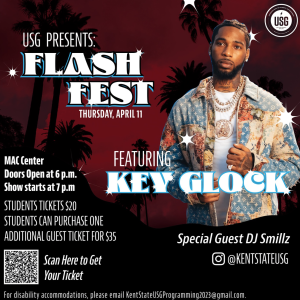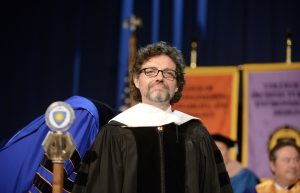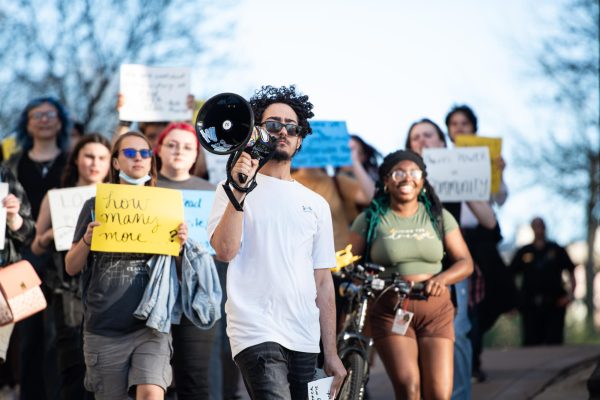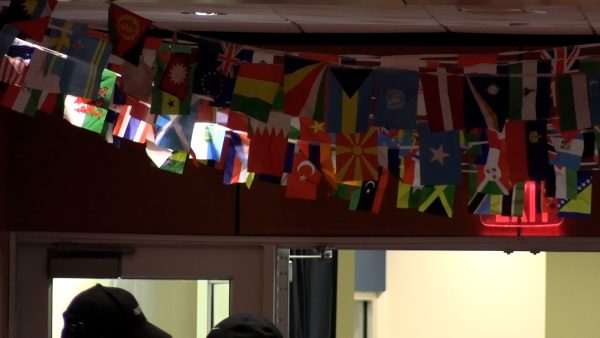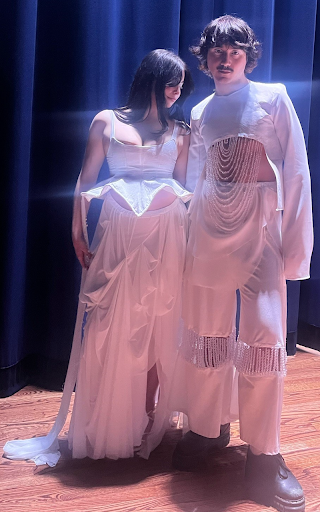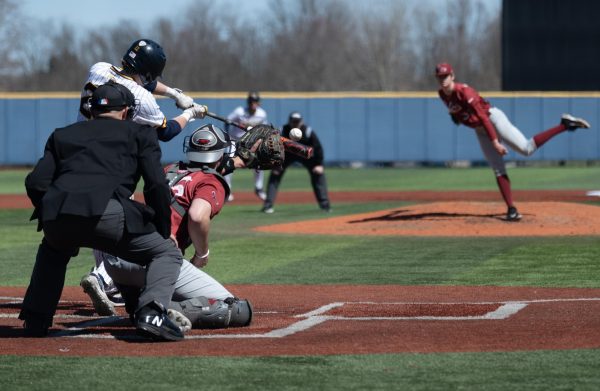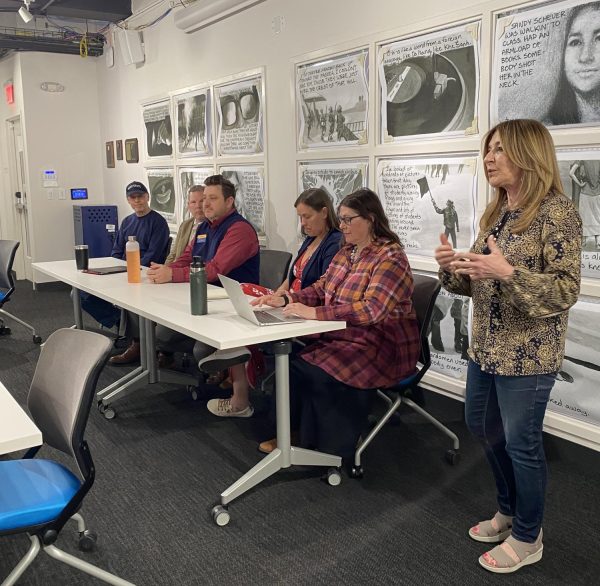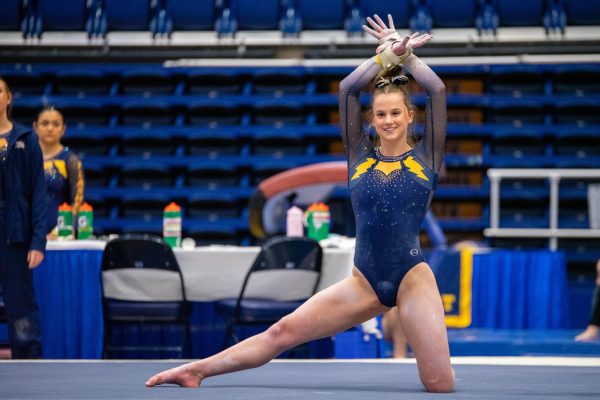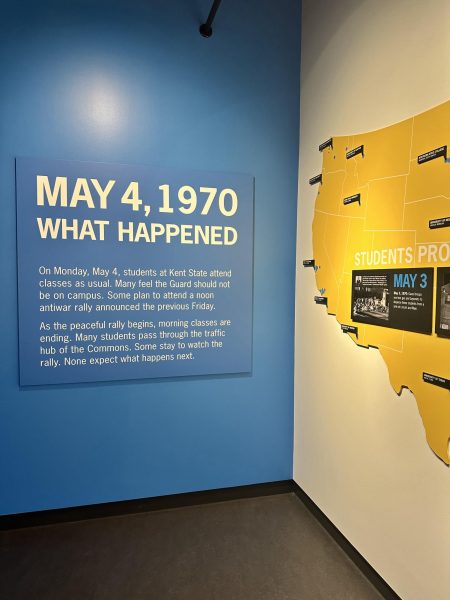Student technology would make James Bond jealous
February 26, 2009
Technology in Student Accessibility Services (SAS) can not only benefit students in the program but also students outside of the program.
Technology like “Kurzweil 3000,” “Dragon” and the “Pulse Smartpen” are ways to assist students with studying. These can help any type of student, not just SAS students, and anyone can buy them.
“Anybody can benefit from this,” said Mollie Miller, adaptive technology coordinator of SAS.
“Some of it is fairly new, and students aren’t aware,” she said.
Seventy to 80 percent of the SAS population have “hidden disabilities,” said Amy Quillin, associate director of SAS. These learning or psychological disabilities are ones that aren’t physically obvious.
Miller explained how each technology can improve study skills for these students and others.
“Kurzweil 3000” puts speech to words and allows the users to highlight, create vocabulary lists and take it with them on an MP3 player.
It’s the “Cadillac of text-to-speech software,” Miller said.
Another program, “Dragon,” offers study help by converting voice to text. It recognizes the user’s voice and carries out commands.
This benefits students who cannot use their hands, Miller said.
Computer programs aren’t the only technology available. More portable devices let students take the technology wherever needed.
The “Pulse Smartpen” uses a small camera to take 70 pictures per second of a special notebook as the user writes on it. At the same time, it records audio.
To go back to a point in the lecture, simply tapping the pen on a word replays that section of audio, Miller said.
This could be for “any student that needs to capture a lecture,” she said.
Students that need these devices have to buy them on their own, but SAS introduces them if it seems necessary. People in Kent State’s SAS who have used these items have been thrilled, Miller said.
Quillin added she believes SAS is very important for students needing accessibility services and helps “to level the playing field.”
Miller said she wished students would get comfortable with accessibility technology at a younger age. Learning the technology before college would be less overwhelming.
“It would be great if we could reach students earlier,” she said.
Contact student affairs reporter
Jessica Roblin at [email protected].








